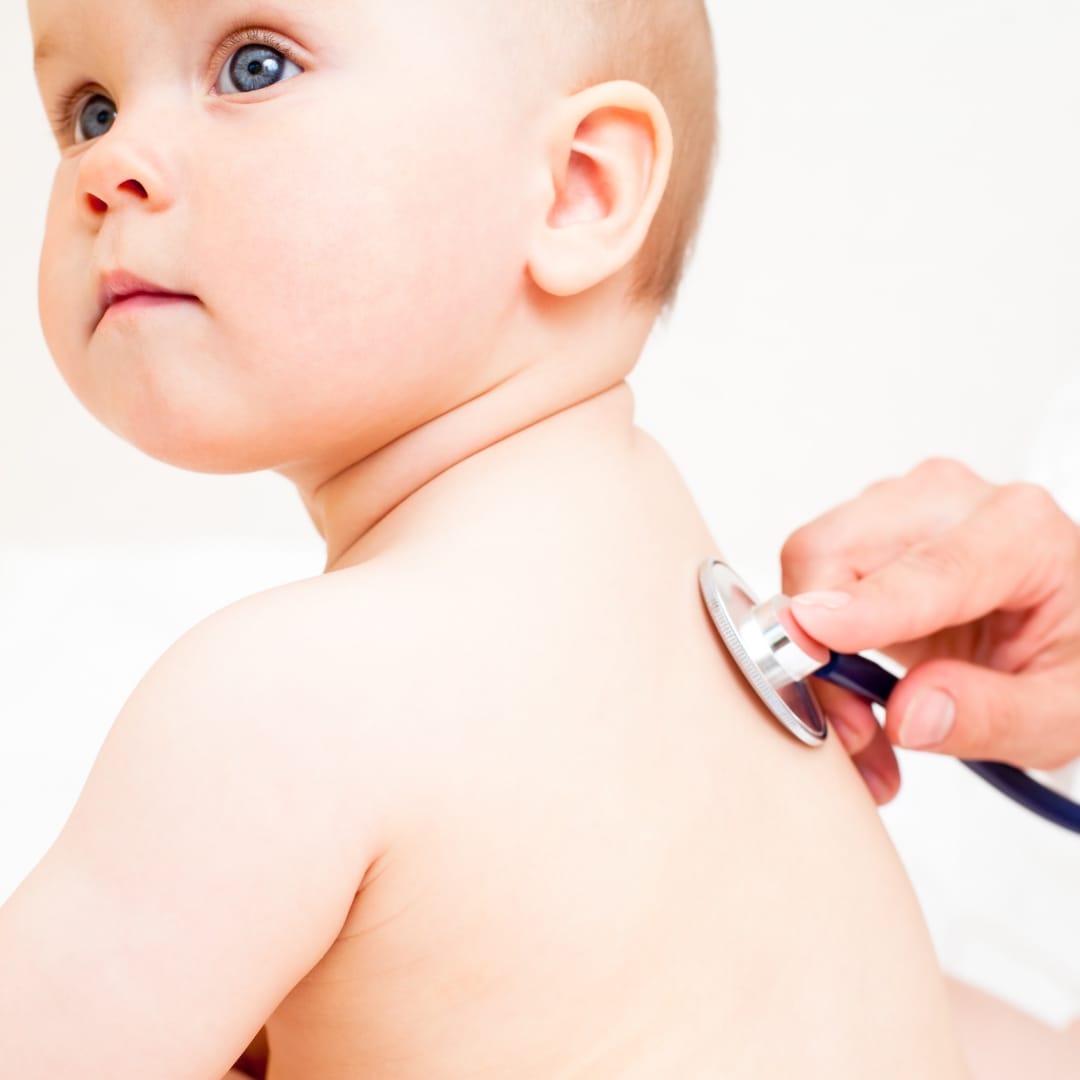WHAT IS CHILD HEALTH AND DISEASES?
Child health and diseases is the branch of science that provides preventive health services, diagnosis and treatment of all children from the newborn period to the age of 18. One of the most important goals in the child health and diseases departments is not to forget the importance of breastfeeding in the development of the baby.
Babies, who are monitored from intrauterine life in our pediatric health and diseases departments, are followed up with postnatal mental-motor development, nutrition, vaccination and preventive medicine programs. Phenylketonuria screening is performed in newborn babies with heel blood shortly after birth.
MOST COMMON CHILDREN'S INFECTIONS
Acute Respiratory Infections:
They are infections that develop due to viruses.
Fever and Cold (Flu):
If the fever does not fall below 38, you should consult your doctor.
Symptoms:
Sneeze
Nasal congestion and discharge
Cough and red throat
High and mild fever
Pain in whole body
cold
Weakness
Sore throat
When the virus enters the nasal mucosa, we get a cold. The nose becomes blocked and runny, a slight fever and fatigue are felt. When a cold is not treated well, it can lead to middle ear infection, sinusitis or bronchitis.
Middle Ear Inflammation:
There are also other negative factors that facilitate inflammation in babies, such as the adenoid, the eustachian tube, the horizontal course of the eustachian tube, and the bottle feeding of babies on their backs.
Inner Ear Inflammation:
It is generally characterized by hearing loss, imbalance, dizziness and tinnitus. An ear, nose and throat doctor should be consulted.
Sinusitis:
One of the most common diseases in children is sinusitis. In addition to nasal congestion and inflammatory discharge, severe pain begins in the facial bones and the pain increases when the head is bent forward. Other symptoms of sinusitis include tearing, swelling around the eyes, fever not exceeding 38 degrees, and increased pain when pressing on the face.
Angina:
Angina, which manifests itself with high fever, sore throat and the inability to even swallow saliva, is very common in some children, they may have angina once every month. The microbes that come through the throat are kept on the tonsil and immune proteins called antibodies are formed against them. If the tonsil becomes chronically diseased, it must be removed by surgery. .
Angina:
Phrangitis is contagious. It starts with a mild fever, nasal congestion, discharge to the back of the nose, occasional redness and inflammatory secretions in the throat mucosa. In its treatment, nasal decongestants and antibiotics in the form of sprays are used.
Bronchitis:
Viruses and germs can also inflame the larynx and vocal cords.
Pneumonia:
Pneumonia is the second leading cause of death under the age of five in our country. Most of these deaths can be prevented if these infections are recognized at an early stage and treated appropriately. During the examination, difficult breathing, nose wings breathing, and chest muscles pulling inward with breathing are observed.
Urinary Tract Infections:
Urinary tract infections are determined by age groups;
newborn baby
Pre-school
It's school time.
Measles, chickenpox, rubella and scarlet fever are the most common infectious diseases in schools. What needs to be done against these diseases is as follows;
Children with mumps, which manifests itself with swelling behind one or both ears and fever, should not be sent to school.
Attention should be paid to Hepatitis A (jaundice). Protection against jaundice is possible through vaccination, food and hand cleaning.
Meningitis can be transmitted through breathing. If not treated promptly and appropriately, it can lead to permanent disability.
Intestinal worms can be seen in children if adequate attention is not paid to toilet and hand hygiene.
To prevent scabies and lice, children must ensure that they comply with personal hygiene conditions.
The most common disease is influenza, which is transmitted through the respiratory tract and is accompanied by cough, fever, fatigue and cold. Flu vaccinations must be given.
Precautions to be taken against infectious diseases;
Before starting school, children must undergo a general examination.
Each student's health file must be kept.
Eye or hearing health screenings should be performed at regular intervals at school.
Children should be taught correct posture and sitting styles.
Children diagnosed with infectious diseases should not be sent to school for the period recommended by the doctor.
The school should be informed about this disease.
Children close to the patient should be monitored for these diseases.
WHAT DEPARTMENTS DO CHILDREN'S DISEASES PROVIDE?
Child Allergy
Pediatric Chest Diseases
Pediatric Endocrinology
Pediatric Gastroenterology
Pediatric Hematology
Pediatric Cardiology
Pediatric Nephrology
Child Neurology
Pediatric Rheumatology
Child and Adolescent Psychiatry
pediatric surgeon
pediatric hematology
Pediatric Immunology and Allergy Diseases
It is Pediatric Oncology.
We work very carefully and meticulously to provide you with better service with the most up-to-date diagnosis and treatment approaches. Our aim is to support the healthy growth and development of our children, to diagnose sick children correctly and treat them in the best way, as well as to leave our hospital satisfied with our services and renewing your trust in us.




